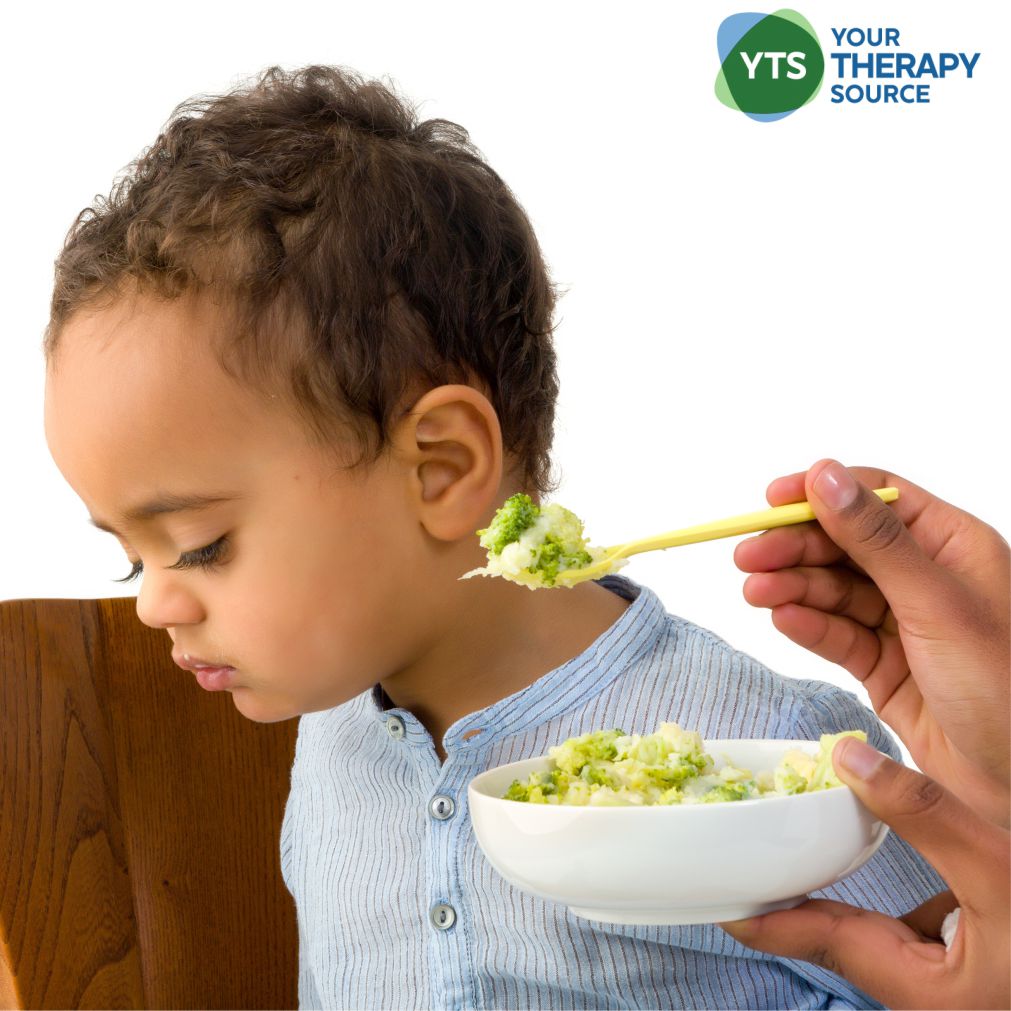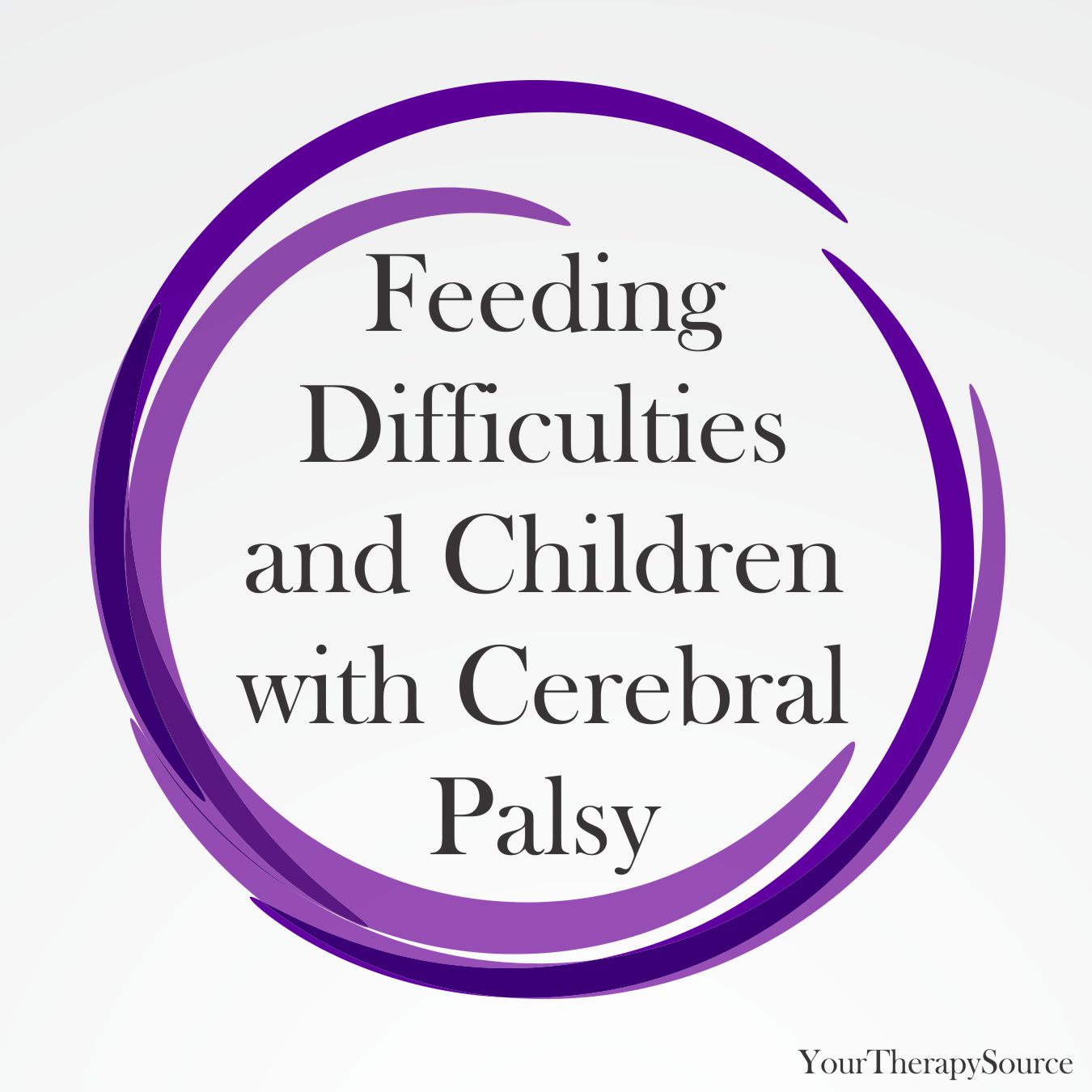Sensory Food Aversions in Children
Food is not just a source of nutrition; it’s a complex sensory experience that can evoke strong reactions, particularly in children. Among the myriad challenges parents face, sensory food aversions stand out as a perplexing and often distressing issue. This issue, where individuals—especially children—reject foods based on their sensory characteristics, such as texture, smell, or temperature, may […]





